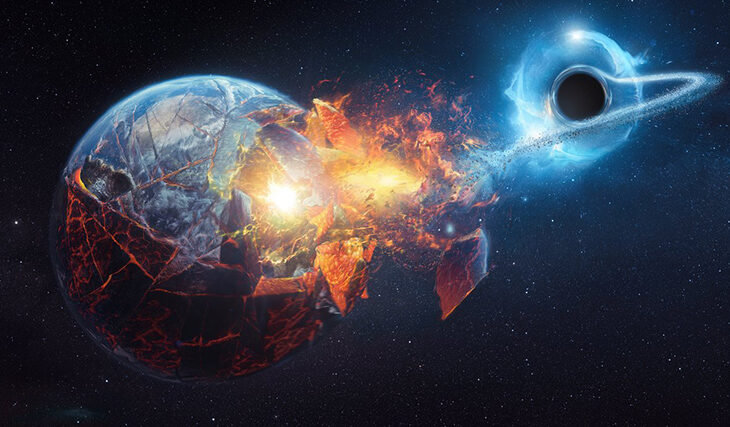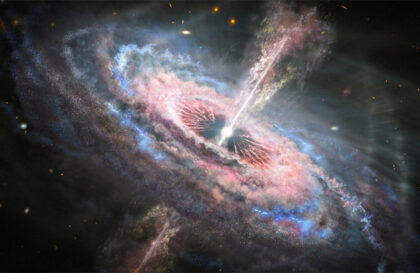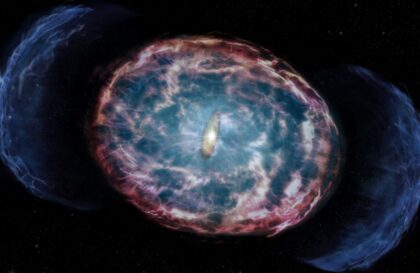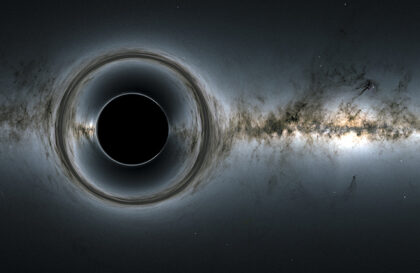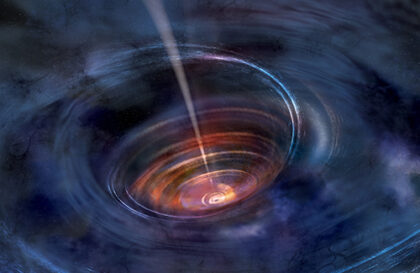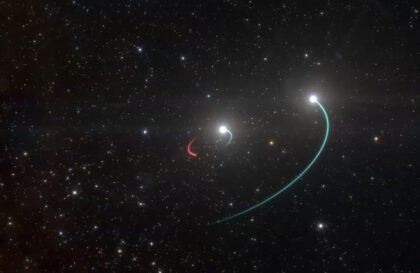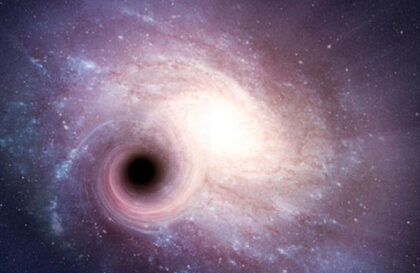Analyzing the hypothetical scenario of the Earth encountering a black hole, which attracts the attention of even the most inquisitive minds, it is necessary to carefully consider the potential consequences of this interaction.
- Frank Hale, a researcher at Stanford University, offered a look at possible scenarios for the impact of a black hole the size of a coin, which has a mass comparable to the mass of the Earth, on our planet. In this concept, although the complete absorption of the Earth by a black hole is not expected, there is some chaos.
Matter entering the black hole is subjected to intense heat, causing radiation and increased pressure, which in turn causes the outer layers of matter to eject and create a spectacular explosion that emits plasma energy from the surface of the Earth. The conservation of momentum ensures that the speed of the Earth’s revolution around the black hole increases, which results in an accretion disk that prevents the Earth’s mass from being absorbed too quickly. Consequently, the Earth will undergo rapid destruction, turning into debris, but this process will take time before the planet becomes part of a black hole.
- The scenario of the collision of the Earth with a black hole of smaller mass has a less destructive effect. There is an opinion about the existence in the Universe of many small black holes, the mass of which is comparable to a small mountain. These compact black holes could lurk inside gas giants, fueling premature supernovae. When such a black hole collides with the Earth at high speed, it will probably only sweep through the planet, while generating a noticeable release of energy, equivalent to the explosion of a ton of TNT.
It’s unlikely anyone will notice. However, such an event would leave a “long pipe” of radiation-damaged material inside the Earth that would persist for a geologically significant amount of time, i.e. posterity will know about it.
- If we consider the possible consequences of the collision of the solar system with a supermassive black hole, the mass of which is many orders of magnitude greater than the mass of the Sun, then in this scenario, astronomer Christopher Springob suggests the following:
Noticing the approach of a black hole at a distance of 1000 light years, humanity will have only a few thousand years to prepare for the onset of this event. At its closest approach, the black hole will significantly disrupt the orbits of the planets and, probably, derail the stellar system from the trajectory. During the period when the black hole is a light year away, its gravitational impact will break the solar system into fragments, bringing the Earth closer to an inevitable final swallow.
On the other hand, Sameer Mathur of Ohio State University refutes this picture, arguing that there is mathematical evidence that a black hole can swallow the Earth without the observer noticing.
I think this deserves a separate discussion.
Image credit:
https://supernova.eso.org
